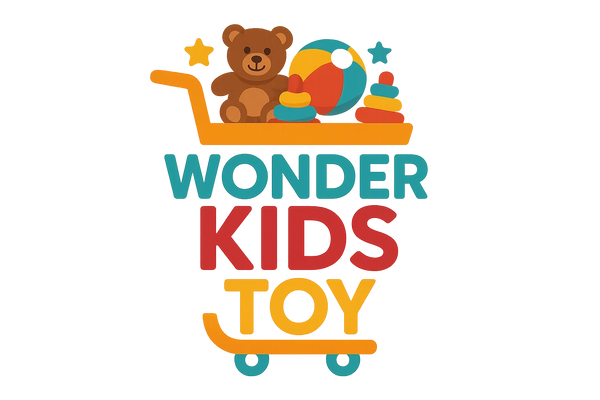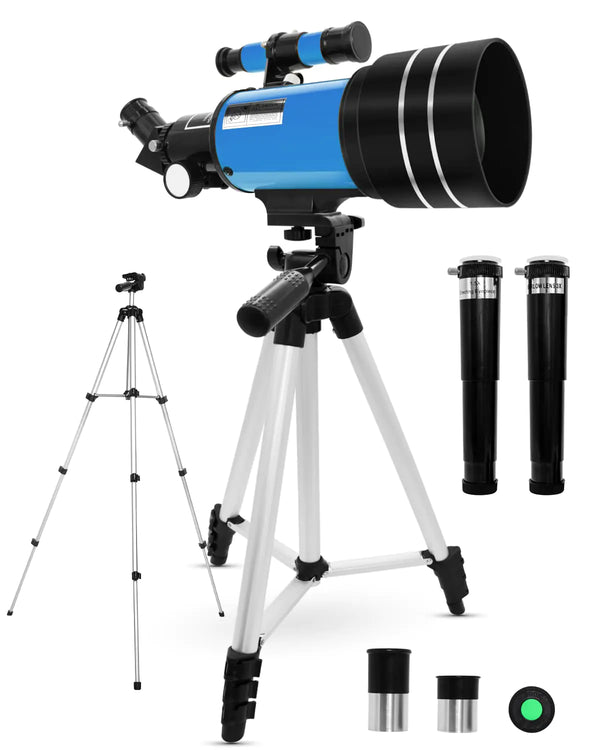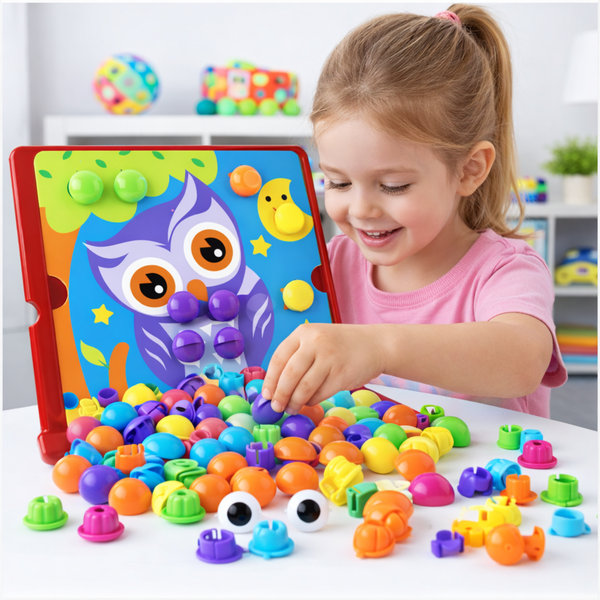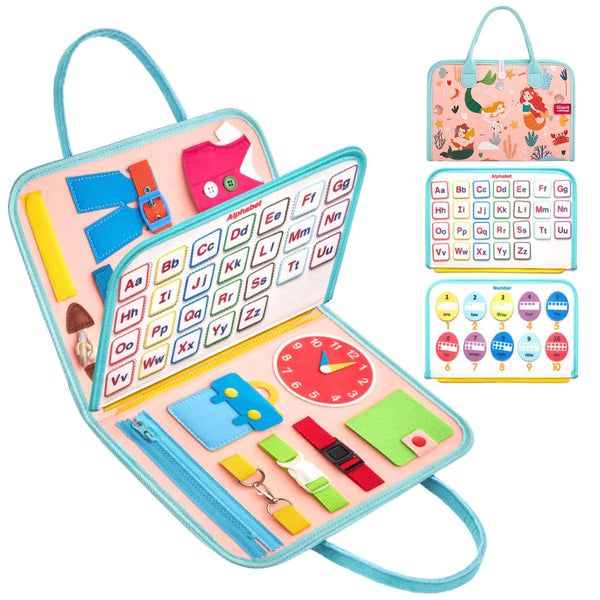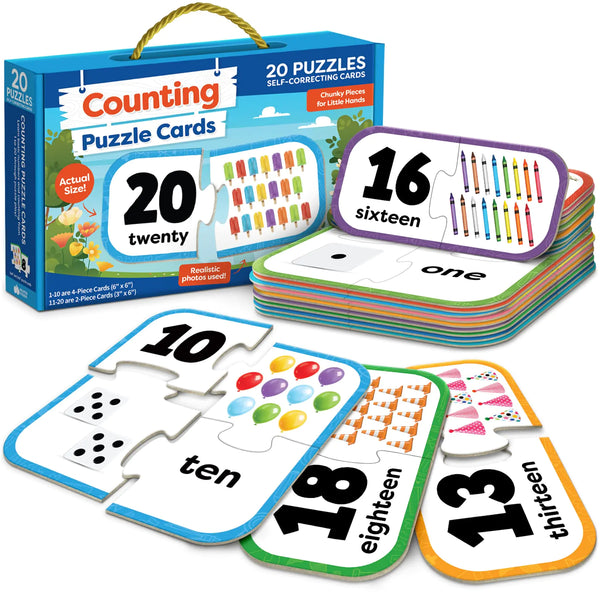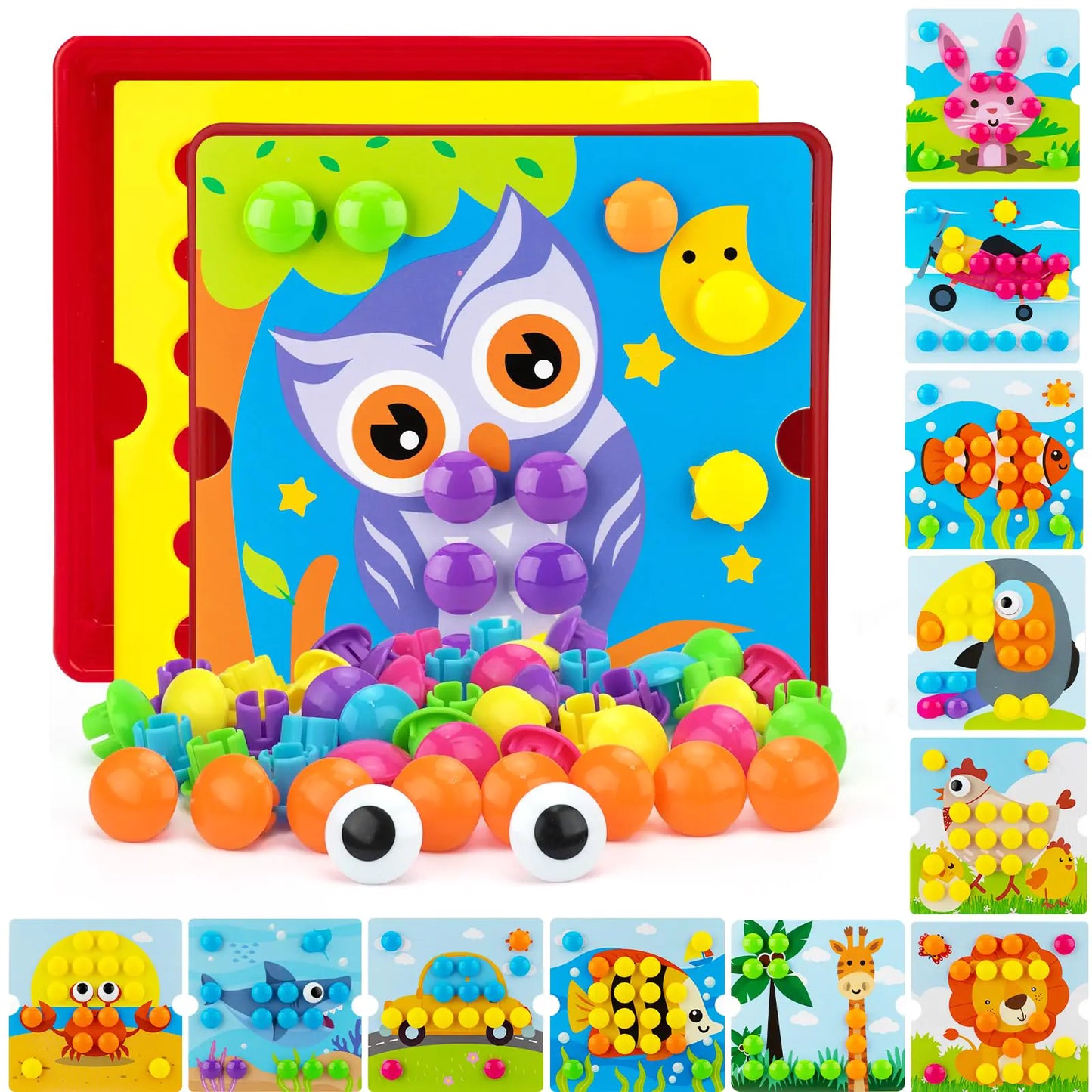Introducing your child to music early can spark a lifelong passion and help develop crucial cognitive and motor skills. When considering musical instruments for young children, wooden xylophones and melodicas often top parents' lists. But which one will best suit your child's age, interests, and developmental needs? This guide compares these popular instruments to help you make the perfect choice for your budding musician.

Understanding Wooden Xylophones and Melodicas
Before diving into comparisons, let's understand what makes each of these instruments unique for young musicians.
What is a Wooden Xylophone Toy?
A wooden xylophone toy consists of wooden or metal bars of different lengths arranged in order of pitch. When struck with mallets, each bar produces a distinct musical note. Traditional wooden xylophones for children typically feature colorful bars that help kids learn color recognition alongside musical notes.

What is a Melodica?
A melodica is a wind instrument with a keyboard. Players blow into a mouthpiece while pressing keys to produce different notes. It combines elements of both wind instruments and keyboard instruments, making it unique but potentially more complex for very young children.

Why Choose a Wooden Xylophone Toy for Early Music Education?
Wooden xylophones offer several distinct advantages that make them particularly suitable for young children just beginning their musical journey.
Intuitive Play
Children as young as 18 months can create sounds by simply striking the bars with mallets. This immediate cause-and-effect relationship helps build confidence and encourages exploration.

Sensory Development
The combination of visual (colorful bars), auditory (distinct notes), and tactile (striking motion) stimulation provides rich sensory input that supports brain development.

Durability
High-quality wooden xylophone toys are built to withstand enthusiastic play. The solid construction means they can be passed down through siblings or even generations.

Ready to Start Your Child's Musical Journey?
Explore our collection of premium wooden xylophones explicitly designed for young children's developmental needs.
Shop Wooden Musical InstrumentsWhen Might a Melodica Be Appropriate?
While wooden xylophones excel for the youngest musicians, melodicas offer different benefits that might appeal to slightly older children:
- Introduces breath control concepts similar to wind instruments
- Provides keyboard experience that transfers to piano skills
- Offers more complex musical possibilities for advancing players
- Typically more portable than larger wooden xylophones
- Appeals to children who have mastered basic instruments

Wooden Xylophone Toy vs. Melodica: Feature Comparison
To help you make an informed decision, here's a side-by-side comparison of these two popular musical instruments for children:
| Feature | Wooden Xylophone Toy | Melodica |
| Recommended Age | 18 months - 6 years | 5+ years |
| Ease of Use | Very Easy (strike and play) | Moderate (requires coordination) |
| Durability | High (solid wood construction) | Medium (more mechanical parts) |
| Price Range | $15-40 | $25-60 |
| Maintenance | Minimal (occasional cleaning) | Regular (moisture management) |
| Noise Level | Moderate, pleasant tones | Can be louder, more piercing |
| Eco-Friendliness | High (sustainable materials) | Medium (plastic components) |
Choosing the Right Wooden Xylophone Toy by Age
Age appropriateness is one of the most critical factors when selecting a musical instrument for your child. Here's how to choose the right wooden xylophone based on your child's developmental stage:
18-24 Months
Look for wooden xylophones with fewer, larger bars and chunky mallets that are easy for small hands to grasp. Focus on instruments with rounded edges and non-toxic finishes.

2-3 Years
Children at this age benefit from xylophones with 8-10 notes that introduce basic scales. Look for models with color-coded bars that help develop pattern recognition.

4-6 Years
Consider more advanced wooden xylophones with full octaves and proper tuning. These instruments can grow with your child as they develop more sophisticated musical abilities.

Find the Perfect Musical Instrument for Your Child's Age
Browse our age-appropriate collection of wooden xylophones and other musical instruments designed to grow with your child.
Explore Age-Appropriate InstrumentsDevelopmental Benefits of Wooden Xylophone Toys
Beyond being fun musical instruments, wooden xylophones offer significant developmental advantages for growing children:
Cognitive Development
- Enhances understanding of cause and effect relationships
- Introduces basic concepts of pitch, rhythm, and melody
- Develops listening skills and auditory discrimination
- Builds memory through repetition of musical patterns
Physical Development
- Improves hand-eye coordination
- Develops fine motor skills through mallet control
- Builds bilateral coordination (using both hands)
- Enhances spatial awareness
Social-Emotional Development
- Builds confidence through musical expression
- Provides an emotional outlet through creating sounds
- Encourages turn-taking when playing with others
- Develops patience and persistence

Addressing Common Parent Questions
Which instrument is better for sensory development?
Wooden xylophone toys generally offer more comprehensive sensory input for younger children. They engage multiple senses simultaneously: visual (colorful bars), tactile (feeling vibrations), auditory (distinct tones), and kinesthetic (striking motion). Melodicas primarily engage auditory and tactile senses but require more complex coordination that may overwhelm very young children.
Is a melodica too complex for toddlers?
Yes, melodicas are typically too complex for children under 5. They require coordinating breath control while simultaneously pressing keys, which is challenging for toddlers' developing motor skills. Wooden xylophones offer a more age-appropriate introduction to music that matches toddlers' developmental capabilities.
Are wooden xylophones worth the investment?
High-quality wooden xylophone toys offer excellent value. They're durable enough to withstand years of play, support multiple developmental areas, and often become cherished instruments that can be passed down to siblings. The educational benefits they provide in terms of musical foundations, cognitive development, and motor skills make them a worthwhile investment in your child's development.
How do I maintain a wooden xylophone?
Wooden xylophones require minimal maintenance. Wipe them occasionally with a slightly damp cloth to remove dust, and store them in a dry place away from direct sunlight or extreme temperatures. Avoid submerging wooden parts in water. Check mallets periodically to ensure they remain securely attached to their handles.
The Eco-Friendly Advantage of Wooden Xylophone Toys
In today's environmentally conscious world, many parents are prioritizing sustainable toys. Wooden xylophones offer significant advantages in this area:
- Made from renewable resources (sustainably harvested wood)
- Biodegradable materials that won't contribute to landfill plastic
- Many manufacturers use non-toxic, water-based paints and finishes
- Longer lifespan means less frequent replacement
- Can be passed down or donated, extending useful life

When shopping for wooden xylophone toys, look for FSC certification or other sustainable forestry credentials to ensure your purchase supports responsible environmental practices.
What to Look for in a Quality Wooden Xylophone Toy
Not all wooden xylophones are created equal. Here are the key factors to consider when selecting a high-quality instrument for your child:
Materials
Look for solid wood construction (not particle board) with smooth, splinter-free surfaces. Metal bars should be finished appropriately without sharp edges.

Sound Quality
Even children's xylophones should produce clear, pleasant tones. Each bar should create a distinct note that contributes to a harmonious scale.

Safety Features
Ensure all parts are securely attached, the paint is non-toxic, and there are no small parts that could pose a choking hazard to younger children.

Making the Right Musical Choice for Your Child
When choosing between a wooden xylophone toy and a melodica, consider your child's age, developmental stage, and interests. For most young children under 5, a wooden xylophone provides the ideal introduction to music—offering intuitive play, rich sensory experiences, and developmental benefits in an eco-friendly package.
Melodicas certainly have their place in a child's musical journey. Still, they're generally more appropriate as a second instrument once basic musical concepts have been established and fine motor skills have developed further.
Whichever instrument you choose, you're giving your child the precious gift of music—opening doors to creativity, self-expression, and cognitive development that will benefit them throughout life.
Start Your Child's Musical Adventure Today
Browse our carefully curated collection of wooden xylophones and other musical instruments designed specifically for young children's developmental needs.
Explore Musical Instruments Collection
